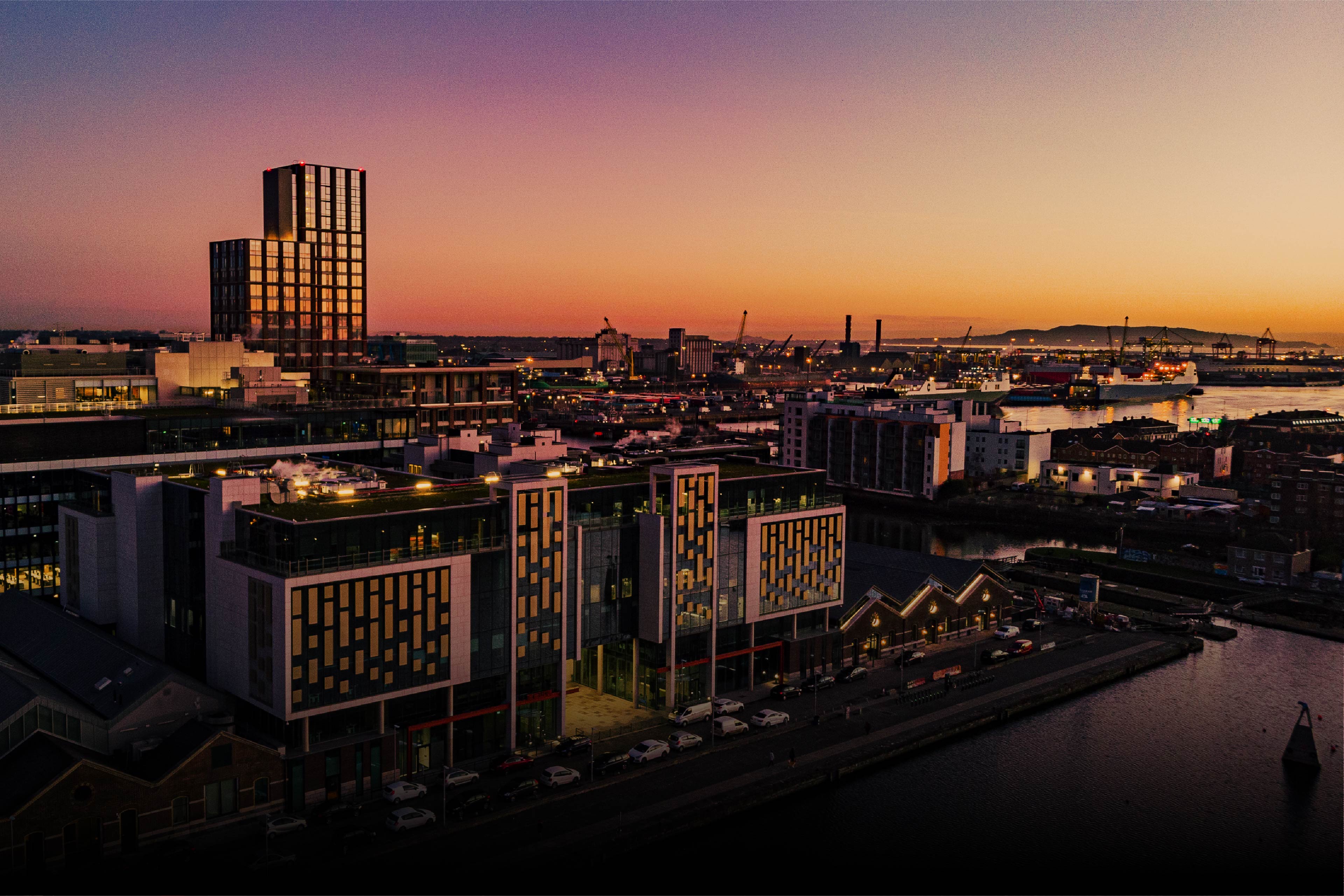The cost-of-living crisis has been dominating the headlines here in Ireland and globally. People around the world are looking at smart ways to make their money go further, with a more cost-conscious mindset moving into 2023.
High inflation, massive energy cost increases, and rising interest rates have sparked a wave of industrial unrest in the UK while inflation of around 9% here in Ireland is seeing consumers engaging in a round of collective belt-tightening which may have profound implications for businesses during the Christmas season and beyond.
The EY Future Consumer Index (FCI) tracks changing consumer sentiment, covering current behaviours, sentiment and intent across the globe. It is based on regular consumer surveys designed to provide a 360-degree perspective on the changing consumer. The 11th wave of the index, which covered the period from 23 September to 14 October 2022, found that respondents with an ‘Affordability First’ approach to shopping now represent the largest cohort of consumers alongside those with a ‘Planet first’ mindset – with both accounting for 25% of respondents.
The growth in the ‘Affordability First’ cohort is unsurprising to say the least. Disposable incomes have been squeezed by increases in the cost of energy, transport, and other non-discretionary items. This is having an inevitable knock-on impact on purchasing decisions generally and leading to an increase in the number of people who are embracing a cost-conscious way of life.
These consumers are characterised by comments such as: “I will try to live within my means and my budget. I will try not to buy things I don’t really need. When I do need something, I will look out for the best deals. I won’t care much about what brands I buy; I just want to know the product delivers what I need.”
Not only are they focussing on cost and price when it comes to today’s purchases many of them are pessimistic about the economic outlook of the country where they live and the outlook for their personal finances, with 40% expecting that their life will be worse in three years and only a minority planning to have a vacation in the coming year.
Business leaders have a challenge on their hands to ensure the needs of current consumer behaviours are met. They must consider a balanced strategy across areas such as price and affordability, product portfolio optimisation, finding alternative sources of supply and enabling greater supply chain and manufacturing resilience.
‘Affordability First’ sustainability trends
Cost conscious customers can also take advantage of the growing trend towards responsible consumerism and the opportunity to spend less on the latest fashion or ‘must have’ item. 60% are spending less on non-essentials like fashion and cosmetics and 59% are restricting purchases to essentials.
They prioritise spending on essential products while 76% don’t feel a need to keep up with the latest fashion trends. Seventy-one percent are unwilling to buy new products when they can repair what they have.
However, of deep concern to retailers in the run-up to Christmas is the fact that 50% say they will spend less during the holiday season in order to save money. They are also planning to cut spending on socialising and on food and drink while they intend to buy gifts that feel useful.
Interestingly, the festive gift they would love to receive is solar panelling that will help them save money and reduce their environmental impact. This economical mindset appears to be influencing behaviours when it comes to sustainability with “affordability first” consumers in other ways, with a clear focus on cost effective measures such as using reusable shopping bags or conserving energy at home emerging. On the other hand, 60% think that sustainable products are too expensive.
Until recently, many Irish consumers felt that affordability and sustainability could not be achieved at the same time, and that products which addressed consumers’ eco-values came with a premium attached. Thankfully, the drive for cost consciousness in recent times has accelerated the number of sustainable options available – from pre-loved and repairable items to locally-sourced products and ranges which enable users to move towards less consumption and zero waste, like energy efficient white goods. Consumers today increasingly have the opportunity to seek out products that address both their cost and planet consciousness.
‘Affordability First’ digital trends
Furthermore, shopping habits among this ‘Affordability First’ group tend to be conservative with many preferring to shop in-store while 52% have never bought groceries online. They also have a relatively high distrust of data sharing, and most are unwilling to share their personal data, even if it means getting cheaper products.
Businesses need to be clear that brands who typically cut marketing budgets during times of economic turmoil now face the risk of further disintermediation from consumers who are becoming less brand loyal in their purchase decisions. To counter this, companies must instead double down on their efforts to sharpen and define a distinctive brand proposition by exploring new and targeted ways to meet and engage with consumers across multiple channels.
Three ways to serve the ‘Affordability First’ consumer
There are ways that retailers and other businesses can respond to the needs of these consumer. In the first instance they can rationalise their product portfolios to optimise price and simplify choice. This could also include an increase in the availability of lower-priced alternatives as part of the brand proposition in essential categories or, in the case of retailers, expanding private label ranges.
Secondly, promotional price offerings could be simplified and focused on point of sale in-store rather than through complex digital loyalty schemes which tend not to appeal to this cohort.
Finally, businesses can communicate better the overall cost reductions which can be delivered by sustainable products such as energy saving white goods and low temperature washing detergents. They can also consider offering repair and resell services to extend product lifespans.
These measures will not put money back in consumers’ pockets, but they can make products more affordable and influence purchasing behaviour by making special offers and cost saving product characteristics more transparent.
For brands and retailers, the message is clear. Irish consumers will be making careful decisions on how and where they spend in the coming weeks and months. Meeting the needs of the conscious Irish consumer on both affordability and sustainability, whilst also enabling ease and confidence in digital shopping will be key to success.






